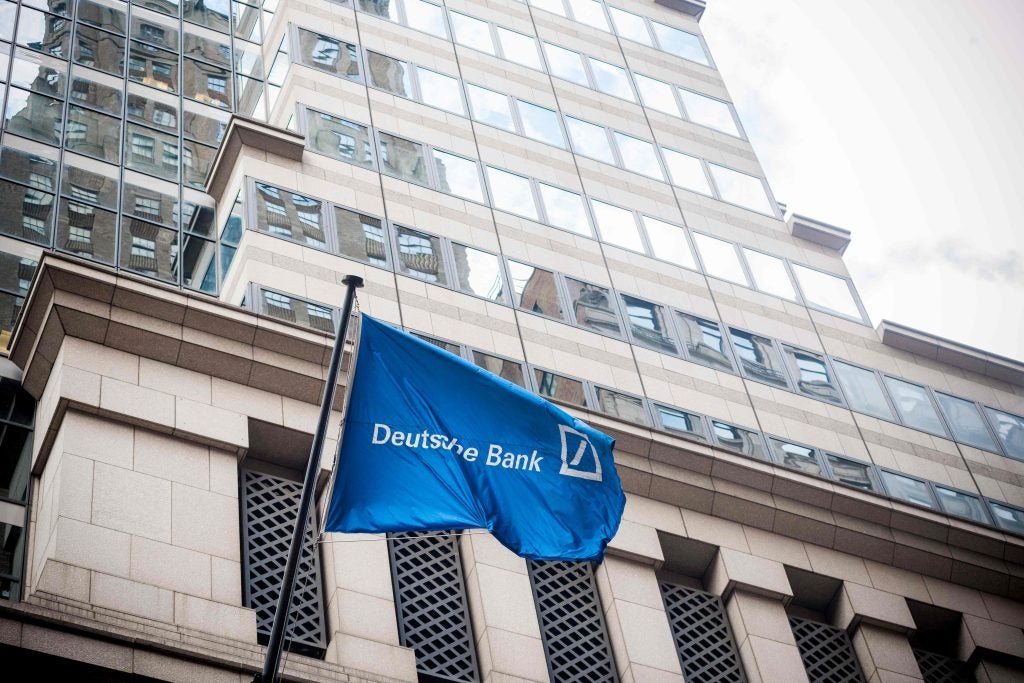The coronavirus pandemic has caused global stock markets to crash in March 2020. Declines seen in the Dow, Nasdaq, and S&P 500 will go down in the history books. And as US portfolios lean more heavily towards stock market-driven assets than their global peers, they are set to suffer the most.
Prior to the coronavirus pandemic, stock markets in the US had rallied as phase one of the US and China trade deal had been agreed towards the close of 2019. However, the COVID-19 pandemic has thrown growth rates into reverse.
Data from our Retail Investments Analytics shows that US retail holdings were set to grow in 2020 by 2% after double-digit growth in 2019 led by equities and funds. However, COVID-19 sent stock markets on a steep downward spiral, forcing interest rates to be cut aggressively and resulting in an expected decline of 15% in US household investments.
The average US portfolio allocates 66% to equities and mutual funds, the most of any country. On March 9, just days before COVID-19 was declared a pandemic by the World Health Organization, the Dow saw a 2,014-point drop, the Nasdaq a 625-point drop, and the S&P 500 a 226-point drop.
Declines like this were last seen during the 2008 market crash and were driven by recession fears, mounting unemployment, and projections of truly epic economic carnage. Therefore, we predict that retail equity and mutual fund balances in 2020 will decrease by 30% and 20% respectively.
At times like this, wealth managers and their clients are likely to move their wealth to safer asset classes such as deposits and bonds. Therefore, we forecast both asset class’ balances to increase by 10% and 8% respectively, in line with behaviour from past crises.
However, investors and savers should not assume they will gain much from such asset classes beyond a safe haven. As of mid-March, the Fed cut interest rates to 0.25%, down from 1.75% in February and 2.5% a year ago, meaning there will be little to no return after inflation.
On a more positive note though, when markets crash, they also bounce back just as strong if not stronger than before. Investors will also find 2020 to be a prime time to purchase cheap stocks. We estimate retail holdings to increase by 12.5% in 2021. Safe-haven asset classes will remain on the up, but as consumer confidence returns, investors will be moving their wealth from deposits back into more riskier assets such as equities. So it won’t be all doom and gloom for long, provided the US economy exits the crisis in decent shape, something the massive government crisis packages passed by Congress will help ensure.
Wealth managers will have their work cut out, especially in the US, but our Wealth Managers Survey shows that US high-net-worth investors have a strong affinity towards their adviser, stronger than most countries. Wealth managers will have to manage a lot of conversations with their clients and weather this storm effectively in order to retain clients hit hard by stock market declines. But if advisers can keep their clients invested and ready for the inevitable rally, 2021 should prove a much easier time.








